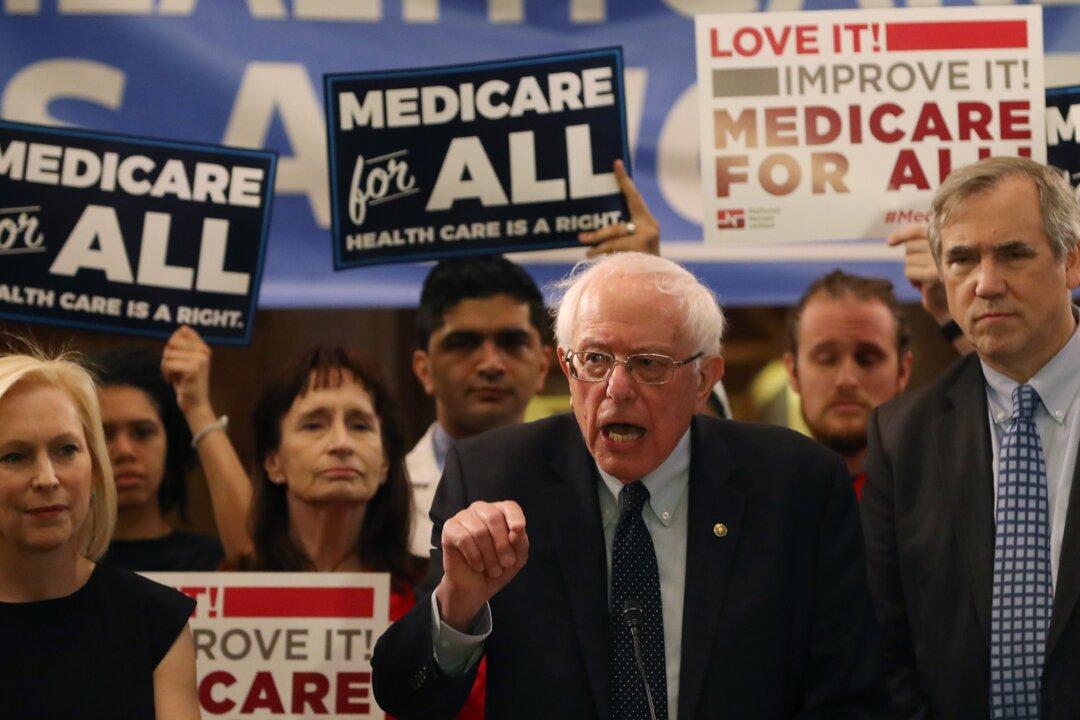As negotiations over the minutiae of Democrats’ budget reconciliation bill threaten to spill over into November, many in the party are pleading for both factions to reach an agreement soon.
Originally, Democratic leaders hoped to quickly push the $3.5 trillion budget through the House by the end of September. Lawmakers worked feverishly to meet that deadline, but it became clear that more time would be needed to craft a bill acceptable to moderates in the narrowly held upper chamber.





